The Kremlin’s Stark Ultimatum
Russian Foreign Minister Sergei Lavrov has presented an extraordinary precondition for reviving the Black Sea Grain Initiative: the United States must “order” President Volodymyr Zelensky to adhere to any new agreement. This blunt demand, made during a Moscow press briefing on Tuesday, underscores Russia’s deliberate framing of Ukraine as a US proxy rather than a sovereign negotiator.
“We need clear guarantees. Given Kyiv’s record of broken agreements, only Washington can ensure compliance by ordering Zelensky’s team to act,” Lavrov stated, alleging Ukrainian attacks on civilian infrastructure justify Russia’s stance.
The original UN/Türkiye-brokered deal collapsed in July 2023 after Russia withdrew, claiming Ukraine exploited the corridor for military purposes. Kyiv and Western allies accused Moscow of weaponizing global food security.
Three Layers to Russia’s Gambit
- Diplomatic Theater
- Positions US as ultimate decision-maker, undermining Ukraine’s agency
- Tests Western unity ahead of potential Trump-Putin negotiations
- Exploits European fears of unilateral US-Russia deals
- Economic Warfare
- Global wheat prices surged 15% after 2023 collapse
- Africa/Middle East importers face renewed supply risks
- Russia seeks sanctions relief for its agricultural exports
- Military Calculus
- Black Sea fleet vulnerabilities exposed by Ukrainian drone strikes
- Proposed “ceasefire” could freeze current territorial gains
- Buys time for Russian defense industry mobilization
The Shadow of Trump-Zelensky Tensions
Lavrov’s remarks follow February’s contentious White House meeting where Donald Trump reportedly:
✔ Demanded immediate peace talks with Putin
✔ Threatened to withhold $61B aid package
✔ Dismissed Zelensky’s maximalist territorial demands
European diplomats privately warn that Moscow’s “US order” rhetoric prepares the ground for a potential Trump-brokered settlement that could:
- Recognize Russian-occupied territories
- Limit Western arms transfers
- Neutralize Ukraine’s NATO aspirations

Ukraine’s Precarious Position
Kyiv faces mounting pressure as:
- Frontline ammunition shortages worsen
- EU struggles to meet artillery shell pledges
- US House Republicans block aid vote
President Zelensky’s office dismissed Lavrov’s demands as “colonialist fantasies,” with Foreign Minister Dmytro Kuleba countering: “Ukraine negotiates as a sovereign state, not a vassal.”
Global Food Security at Stake
The Black Sea deal’s 2022-2023 operation:
🚢 33M metric tons of grain exported
🌾 45% to developing nations
⚡ Cut global wheat prices by 23%
Its collapse has already redirected trade to costlier overland routes through Eastern Europe, sparking farmer protests from Poland to Romania.
Read Also: “2027 Showdown: SDP Chairman Shehu Gabam Vows to Unseat Tinubu, Says APC’s Days Are Numbered”
What Comes Next?
- Washington’s Dilemma
- Reject demands and risk being blamed for prolonged war
- Engage and legitimize Russia’s “puppet state” narrative
- EU’s Fragile Unity
- Hungary/Slovakia oppose further Ukraine funding
- France/Germany push for autonomous European defense industry
- Global South Reactions
- Turkey seeks mediator role renewal
- China balances food imports with Russia alliance
A High-Stakes Bluff?
Lavrov’s provocative framing serves multiple Kremlin objectives – from sowing US-Ukraine distrust to positioning Russia as pragmatist. While the grain deal remains unlikely without Ukrainian concessions, the proposal itself reshapes the diplomatic battlefield as the war’s economic/political costs mount globally.
For Ukraine’s allies, the challenge is navigating these waters without ceding moral or strategic ground. As one Brussels official noted: “Putin isn’t just fighting for territory – he’s fighting to rewrite the rules of the international order.”






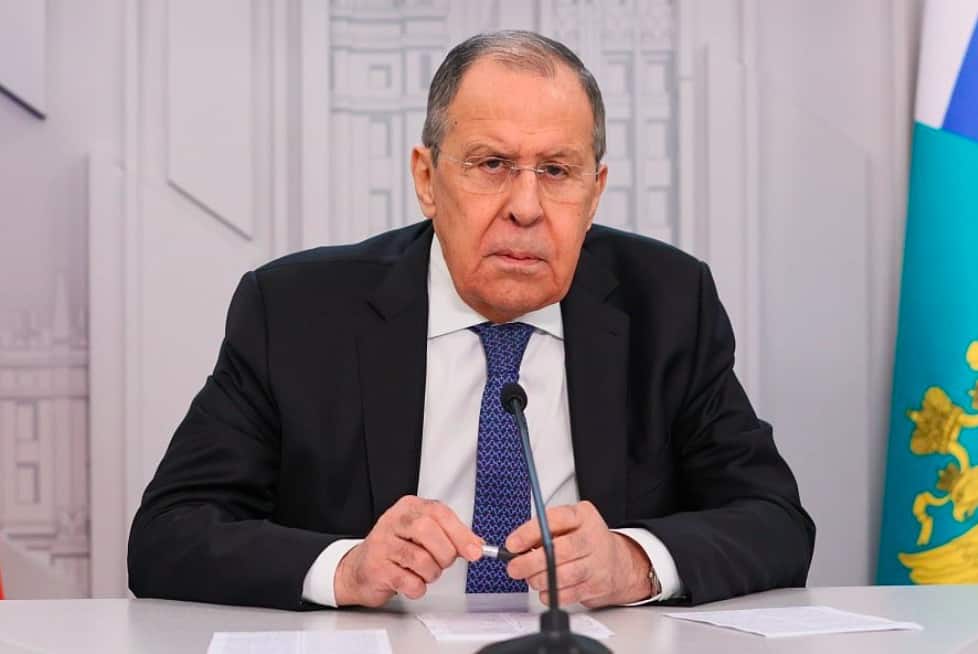
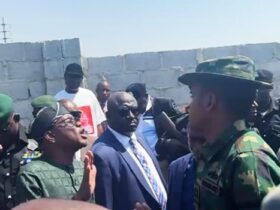





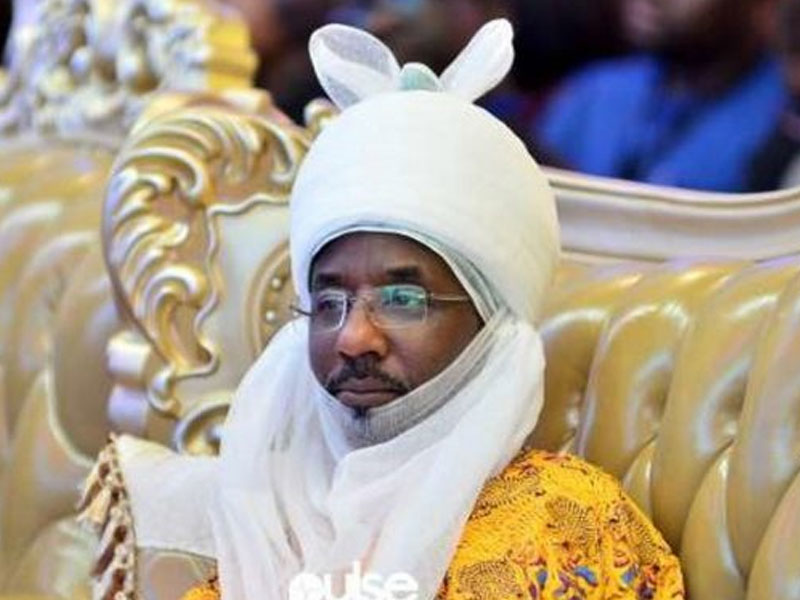
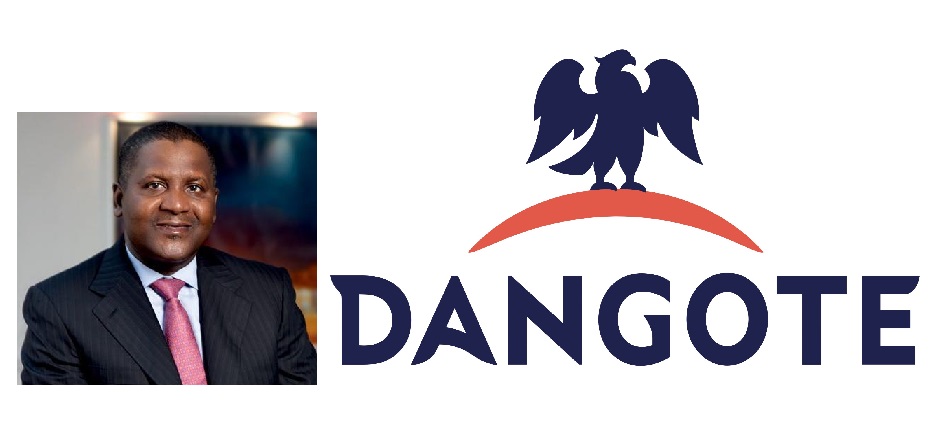
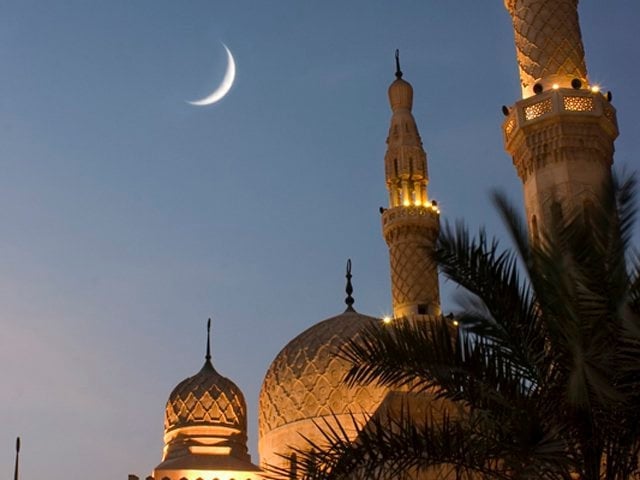
Got a Questions?
Find us on Socials or Contact us and we’ll get back to you as soon as possible.